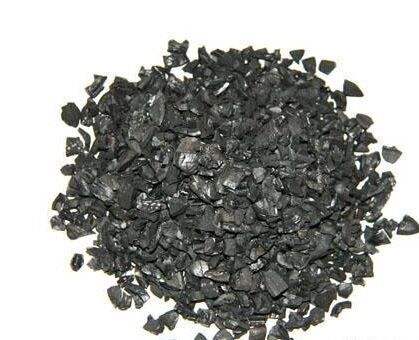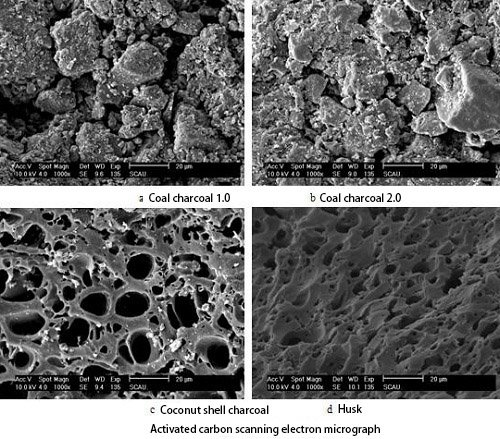Copyright © 2023 Shenzhen Minghui Technology Co., Ltd. All rights reserved Site Map
International Leading Manufacturer of Anti-Mould and Anti-moisture Desiccant
Email:
cocoaduan@sz-minghui.com
Activated carbon filter material is a commonly used water treatment filter material, generally including nutshell charcoal, coal-based charcoal, and wood charcoal. Nutshell carbon is divided into coconut shell charcoal, apricot kernel charcoal, and peach kernel charcoal. Activated carbon filter material is suitable for deep purification, dechlorination, decolorization, deodorization and gold extraction of drinking water, industrial water and wastewater treatment.

Activated carbon used for industrial water pretreatment is mainly for liquid-phase adsorption, and its adsorption performance is mainly determined by the composition of the carbon's void structure. Some activated carbons with higher iodine value may not have better adsorption performance for certain impurities in water than some carbons with lower iodine value, and the adsorption capacity may be smaller. This is because the adsorption capacity of activated carbon is not only related to the specific surface area, but more importantly, it is related to the pore size distribution. For liquid-phase adsorption, macropores mainly provide channels for the diffusion of adsorbates, allowing them to diffuse into transition pores and micropores. The adsorption of macromolecular organics in water mainly relies on transition pores, which in turn are channels for small molecular organics to reach the micropores. If a certain type of carbon has a high proportion of micropores and a small number of transition pores and macropores, although its iodine value is high, the diffusion channels of organic matter in the water are quickly blocked, and the adsorption capacity may not be high. The composition of organic matter is very complex and often changes. Therefore, it is necessary to analyze the water quality of the raw water and select the appropriate carbon type according to the molecular diameter of the organic matter in the water and the micropore distribution of the activated carbon.

When choosing carbon types, one should not pursue a high iodine value one-sidedly: first, the higher the iodine value, the higher the price of charcoal, and the higher the cost of water purification; second, the high iodine value does not mean that the charcoal is suitable for raw water quality.
Coconut shell charcoal is regarded as the "best charcoal" because of its smallest pore radius, large specific surface area and high iodine value. But in fact, coconut shell charcoal has a relatively high proportion of micropores and fewer macropores, so it can only absorb low-molecular-weight organics in water. Due to the limited source of raw materials, its price is almost the most expensive of all carbon types. Therefore, coconut shell charcoal is not the best choice for water pretreatment. Coal-based activated carbon has more filter pores and larger average pore size, can effectively adsorb and remove organic matter with larger molecular weight in water, and has higher mechanical strength and lower price. Therefore, it is suitable for water purification carbon.